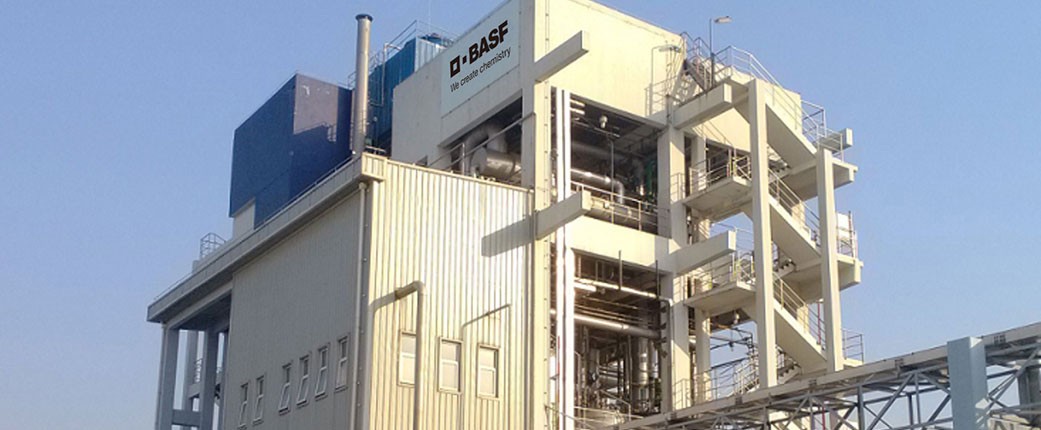
BASF said Monday that it will almost double synthetic ester base stocks production capacity at its Jinshan, China, site in response to rising demand for high-performance lubricants that address sustainability trends in the Asia-Pacific region.
The expansion is expected to be completed by the second half of 2022. The investment amount and specific production capacity added were not disclosed. Jinshan is a district in southwest Shanghai.
“Synthetic ester base stocks are essential components in the formulation of high-performance lubricants, providing several sustainability benefits,” BASF stated in a news release. “Fields of application include environmentally friendly refrigeration and air-conditioning, automotive as well as industrial lubricants.”
Matthias Lang, BASF’s vice president for business management of fuel and lubrications solutions for Asia-Pacific and of performance chemicals for China, said the new capacity will build on the company’s backward integration into key raw materials. “The new production capacity for synthetic ester base stocks will bring additional security of supply for our customers, particularly in the Asia-Pacific region,” Lang said in the news release.
Anuj Kumar Singh, a project manager in Kline & Co.’s energy practice, said one of the key drivers for growing use of synthetic esters is their biodegradability and non-toxicity nature. “This drives their use in applications where environmental considerations are vital,” Singh told Lube Report. “Moreover, lubricants formulated with synthetic esters are more stable and last longer. Thus, a growing need for such lubricants in China is resulting in demand growth for synthetic esters in China.”
Synthetic esters are used in a wide variety of lubricants, including greases, hydraulic fluids, aviation and compressor oils, gear and chain lubricants, metalworking fluids and automotive engine oils and transmission fluids.
BASF says it offers a wide range of monoesters, methyl esters and diesters manufactured from sustainable and petrochemical raw materials. It sells them under the Synative brand and claims they are designed to offer formulators a broad pallet of properties. The range includes standard-viscosity fluids acting as base stocks; and high-viscosity, shear stable varieties used as viscosity modifiers.
According to its website, diesters have excellent lubricating properties, good thermal and oxidative stability and a low-temperature behavior. “They are used as base oils but can also be used for their co-solvency property for additives and also to achieve desired seal performance in synthetic lubricants formulated with Group III, GTL and PAO base stocks,” the company explained. Applications include automotive transmission and axle oils, hydraulic oils, metalworking fluids and greases.
Kline’s Singh noted that synthetic esters are often blended with PAOs in order to help provide additive solubility and seal compatibility, and therefore can be used as a blend component in synthetic engine oils. “Moreover, the use of synthetic esters does not result in loss in desired performance,” he added. “Synthetic esters can also be used in two-stroke engine oils.”
In addition to BASF, some other key suppliers of synthetic esters include Croda, ExxonMobil, OQ Chemicals, Cargill, Emery Oleochemicals and Nyco.